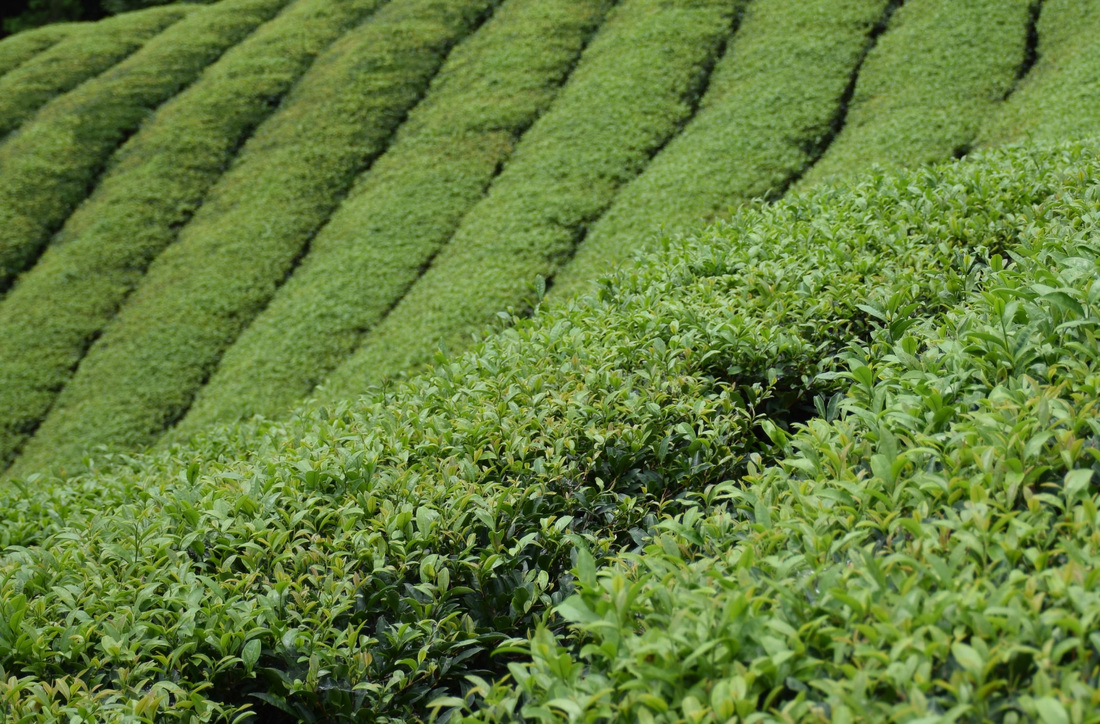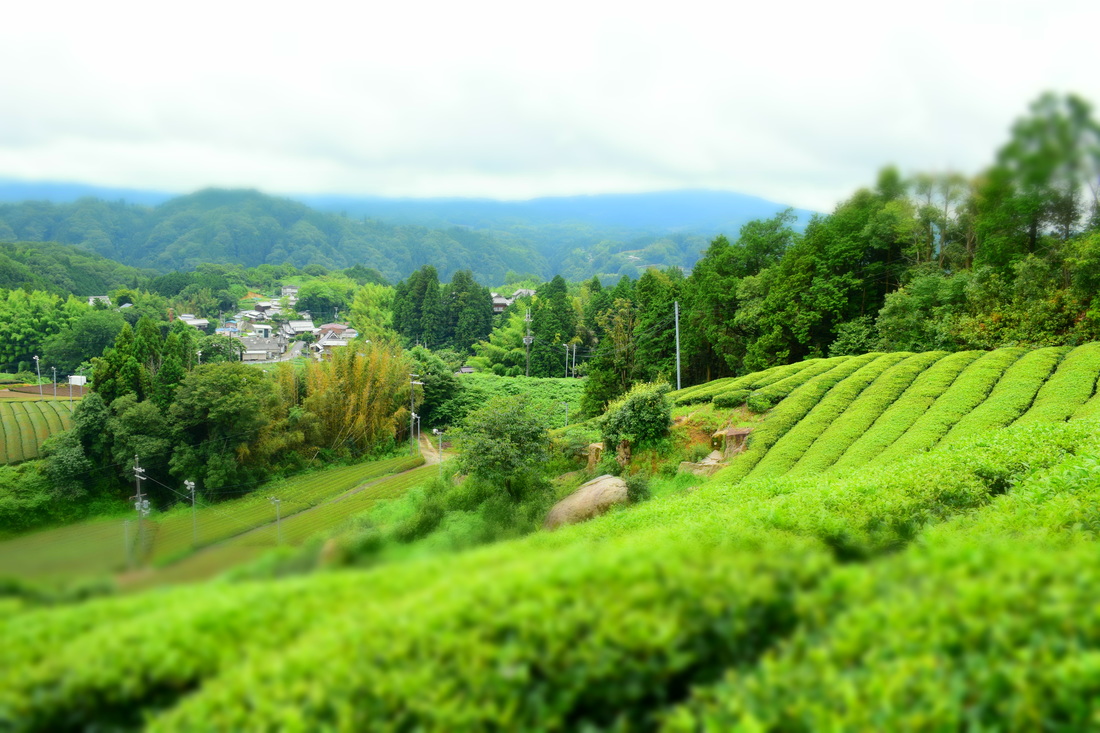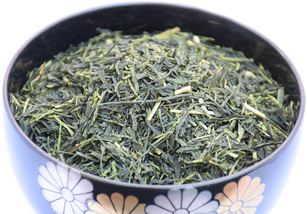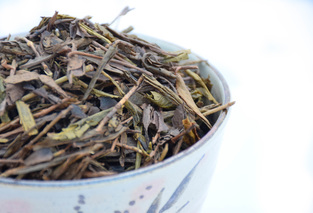|
Planning stage... Before heading off to Japan, I sent one of a requests directly to visit a tea farm in Nara-shi area. If you do not know about Nara, it was an old capital city of Japan back in the year 710 - 1185. By the time I arrived in Japan, I still hadn't heard anything back from this farm. I asked a Japanese landlady who I stayed with to call and to convince them to take me in. Initially, I didn't know much about them. I chose to visit this farm because of its location. This farm was nested in mountains area. Most tea in Japan grow in low elevated land due to high cost of labor and their conveniences. Not the case for this farm. Finally, they were okay to take me in and would pick me up at the train station as well. Their last comment before hanging up the phone was "we don’t speak English ". Alright, I thought to myself; I'll survive. I took 3 trains down from Kyoto (current capital city). There, an older lady was waving and waiting for me. I guess there are not a lot of people coming this way. It was only me got off the train (it was about 6-7 people total passengers). We drove about 20 minutes to the farm while I exchanged my broken Japanese and the lady was trying hard to speak English with me. Somehow, we were able to understand each other. We even laughed all the way to the farm. Going out to the tea field What I gathered when I arrived at the tea farm was that my request was unusal for them. They decided to drive me up and down to many tea fields from one mountain to another. As we talked, I learned they have been growing tea for 17th generation or roughly 400 years! (And the way they said it was no big deal). Initially, the tea they were growing was for their own consumption while growing shitaki mushroom commercially. About 100 years ago, they started selling tea commercially. In winter time, they are still growing shitaki mushroom. They would use the wood that shitaki mushrooms grew on and turn them into tea tree furtilizer. Doing this also prevent weeds because they do not use any pesticides. It is real organic tea farm. Tea Testing...
The farm produces many types of tea which is unusual for Japanese farms. Most farms process only green tea and its varieties of green tea. This farm produces Green, Oolong (in a testing period), and Black tea. Japanese Green tea is popular but it is rare to find Oolong and black tea jn Japan. I had a chance to only try their 4 different green tea. Their roasted green tea is superb. The aroma is very nice like roasted fresh cut grass with a hint of nutty aroma and the taste is very smooth. It is also very forgiving if you brew it too long or use too hot water (yes, I tried to make mistake that most people would do). I was able to get to my 6th brew for a 10 - grams of tea. Their Okumidori green tea (sencha) is different than other sencha I have tasted. Most farms would make with astringent taste which you need to get used to it. Not the case of this tea. It was very smooth and less astringent taste. By the way, Okumidori means dark green color. As you can see from the picture above, the leaves color is darker green. We are very pround of this new vendor and their teas. I hope you will try them and fall in love with their tea like we do. |
Disclaimer: We are not associated with any local or oversea tea organization.
AuthorStaff at Great Tea Road Co Archives
April 2024
Categories |
|
In Store Hours
Tuesday - Saturday 08:00 AM - 4:00 PM ** Please check Google before visiting in case the operating hour has changed. |





 RSS Feed
RSS Feed
